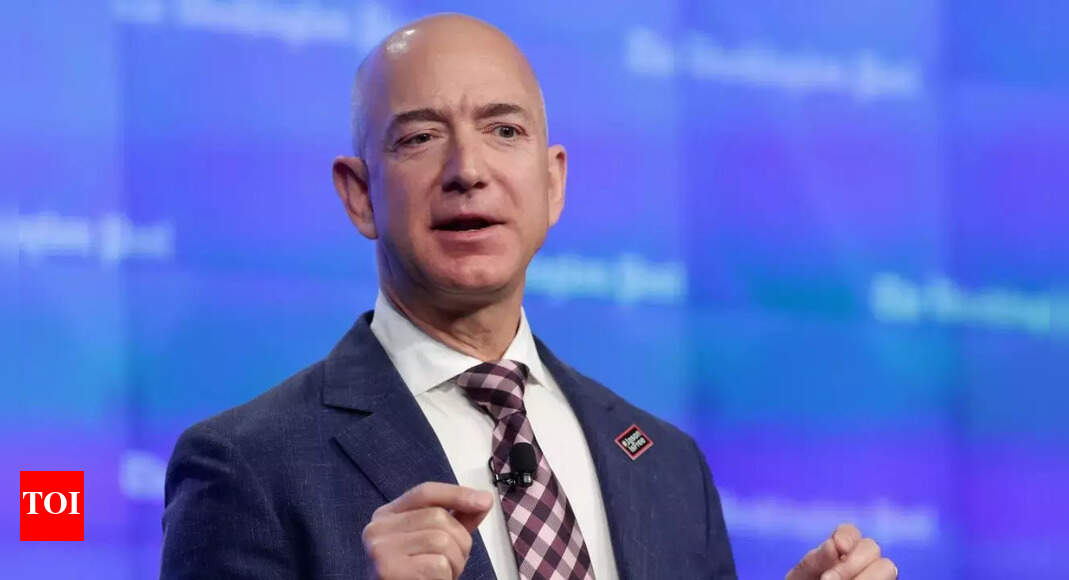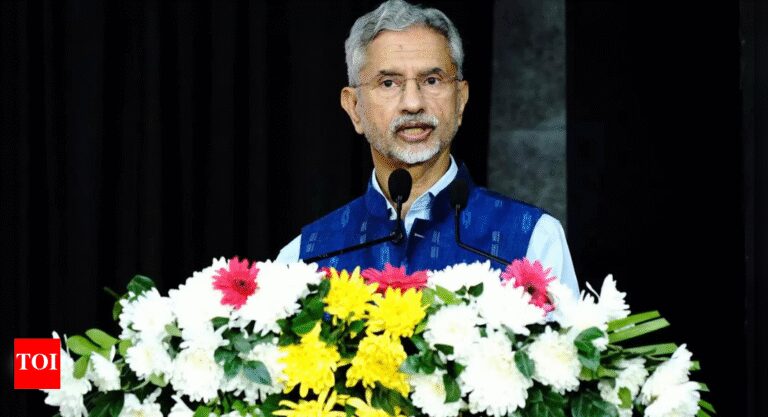
Amazon founder and executive chair Jeff Bezos has predicted that the next generation of data centres could be built in space within the next 10 to 20 years. Speaking at the Italian Tech Week in Turin, Bezos explained that orbiting data centres would benefit from uninterrupted solar power, allowing them to outperform Earth-based facilities in energy efficiency and reliability. He compared the AI boom to the internet surge of the early 2000s, urging optimism despite potential speculative bubbles. Bezos highlighted how space infrastructure has already improved life on Earth through satellites and telecommunication networks, and he sees orbital data centres as the next logical step in leveraging space technology for practical applications, including AI training, cloud computing, and potentially even manufacturing.
Why Jeff Bezos sees space as the future of data centres
Bezos believes that orbiting data centres offer distinct advantages that terrestrial facilities cannot match. With solar power available 24/7, no interference from clouds, rain, or extreme weather, and constant sunlight, orbital data centres could operate at unprecedented efficiency while reducing operational costs. He envisions “gigawatt-scale” clusters capable of handling the massive computational loads required for AI development. According to Bezos, these data centres could revolutionise how companies train large AI models, store data, and deliver cloud services. By situating them in space, energy limitations, cooling challenges, and environmental concerns associated with Earth-based centres could be greatly mitigated, making them a sustainable alternative for the tech industry.Bezos points to weather and communication satellites as clear examples of how space-based technology has transformed life on Earth. Satellites allow for real-time weather monitoring, global telecommunications, and GPS navigation, demonstrating the value of orbiting infrastructure. In his view, data centres represent the next step in this evolution.Orbital facilities could provide global-scale computational power without being limited by local energy grids, cooling systems, or environmental regulations. Bezos also hints at future applications beyond data storage, such as manufacturing components in orbit or supporting research that requires extreme conditions, suggesting a broader industrial use of space technology that could reshape how businesses operate on Earth.
Challenges of orbital data centres
While the benefits are clear, Bezos acknowledges the significant challenges of constructing and maintaining data centres in space. The cost of launching rockets and sending heavy infrastructure into orbit remains extremely high, and there is always the risk of launch failure or damage during transit. Maintenance and upgrades are also complex, as human access is limited and robotic servicing must be highly reliable.Additionally, radiation in space poses a threat to electronics, and engineers will need to design systems that can withstand harsh orbital conditions. Despite these obstacles, Bezos believes that advances in space launch technology, solar energy collection, and robotics will eventually make orbital data centres feasible and cost-effective.
AI and the next technological boom
Bezos compared the rise of artificial intelligence to the early days of the internet, noting that massive hype and speculation are inevitable. However, he emphasised that the societal benefits of AI are real and long-lasting. AI has the potential to improve industries ranging from healthcare and education to finance and manufacturing. Orbital data centres could accelerate this transformation by providing vast computational resources for AI training and research.Bezos stressed that the benefits of AI are expected to be widely distributed, creating opportunities for innovation, job creation, and technological progress on a global scale, much like the early internet did 25 years ago.








